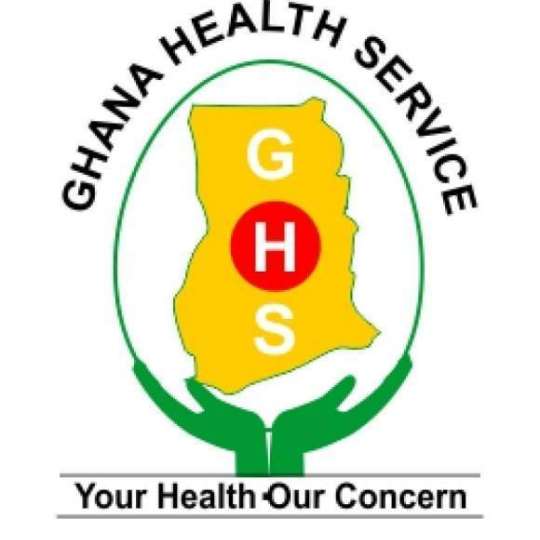Health authorities have confirmed a seasonal influenza outbreak affecting several regions of Ghana, with the Eastern and Central regions experiencing cases of the H1N1 influenza subtype.
The Greater Accra Region remains on high alert as health officials closely monitor the situation, with 42 confirmed cases already recorded. The Ghana Health Service has activated surveillance protocols to track the spread and implement containment measures across affected areas.
The H1N1 influenza subtype, commonly known as swine flu, spreads easily from person to person through respiratory droplets when infected individuals cough or sneeze. Seasonal influenza outbreaks typically occur during Ghana’s cooler months, when conditions favor virus transmission.
Health experts are urging residents in affected regions to practice preventive measures including frequent handwashing, covering coughs and sneezes, and avoiding close contact with sick individuals. People experiencing flu-like symptoms should seek medical attention promptly, particularly those with underlying health conditions.
The Eastern and Central regions have reported the majority of H1N1 cases, prompting health teams to intensify surveillance and public education efforts. Authorities have not disclosed the total number of confirmed cases in these regions, though officials indicate they are monitoring the situation closely.
Greater Accra’s 42 confirmed cases have raised concerns about potential wider transmission given the region’s high population density and significant daily movement of people. Health authorities are working to identify contacts of confirmed cases to limit further spread.
Symptoms of H1N1 influenza include fever, cough, sore throat, body aches, headache, chills, and fatigue. Some patients may experience vomiting and diarrhea. Most people recover without requiring medical treatment, but severe cases can lead to complications requiring hospitalization.
Influenza virus contributes significantly to acute respiratory illnesses and causes up to 650,000 respiratory deaths globally each year. Ghana has recorded influenza viruses since the 1918 Spanish influenza pandemic, with periodic outbreaks occurring in subsequent decades.
The Ghana Health Service maintains an influenza surveillance system that monitors respiratory illness patterns across the country. This surveillance platform proved valuable during the COVID-19 pandemic, demonstrating its importance for monitoring respiratory disease threats.
Health officials have not announced school closures or restrictions on public gatherings at this stage. However, authorities may implement additional measures if case numbers increase significantly or if the outbreak spreads to additional regions.
Vulnerable populations including young children, elderly persons, pregnant women, and people with chronic medical conditions face higher risks of severe complications from influenza. Health authorities are encouraging these groups to take extra precautions and seek medical care early if symptoms develop.
Ghana’s experience with previous influenza outbreaks has helped build capacity for rapid response and case management. In 2019, health officials successfully contained an H3N2 flu outbreak that affected schools in the Eastern Region, demonstrating the effectiveness of coordinated surveillance and intervention efforts.
The current outbreak serves as a reminder of Ghana’s vulnerability to respiratory disease transmission, particularly given the country’s role as a major travel hub in West Africa. Cross-border movement and frequent travel create conditions that can facilitate disease spread if not carefully monitored.
Public health experts emphasize that seasonal influenza remains a preventable disease through vaccination, though vaccine availability in Ghana can be limited. The Ghana Health Service may consider targeted vaccination campaigns if the outbreak continues expanding.
Healthcare facilities in affected regions have been placed on alert to ensure adequate capacity for managing influenza cases. Medical teams have received guidance on proper case identification, treatment protocols, and infection control measures to protect healthcare workers.
The situation remains fluid as health authorities continue monitoring disease patterns and implementing response measures. Officials have assured the public that the outbreak remains manageable with current resources, though they emphasize the importance of community cooperation in prevention efforts.
Residents are advised to stay informed through official Ghana Health Service communications and to follow recommended preventive measures. Early detection and prompt treatment remain critical for minimizing severe outcomes and preventing wider transmission.
Source: newsghana.com.gh











